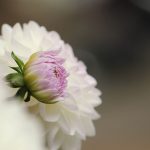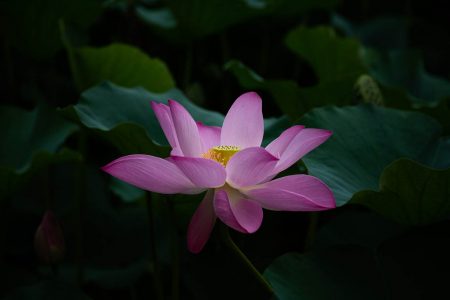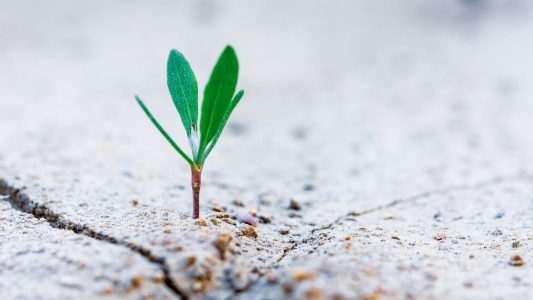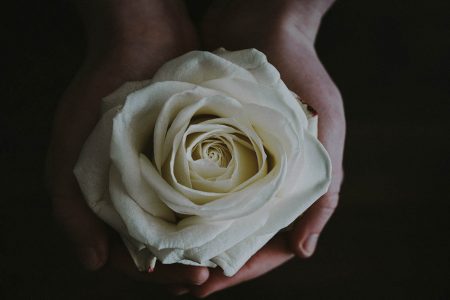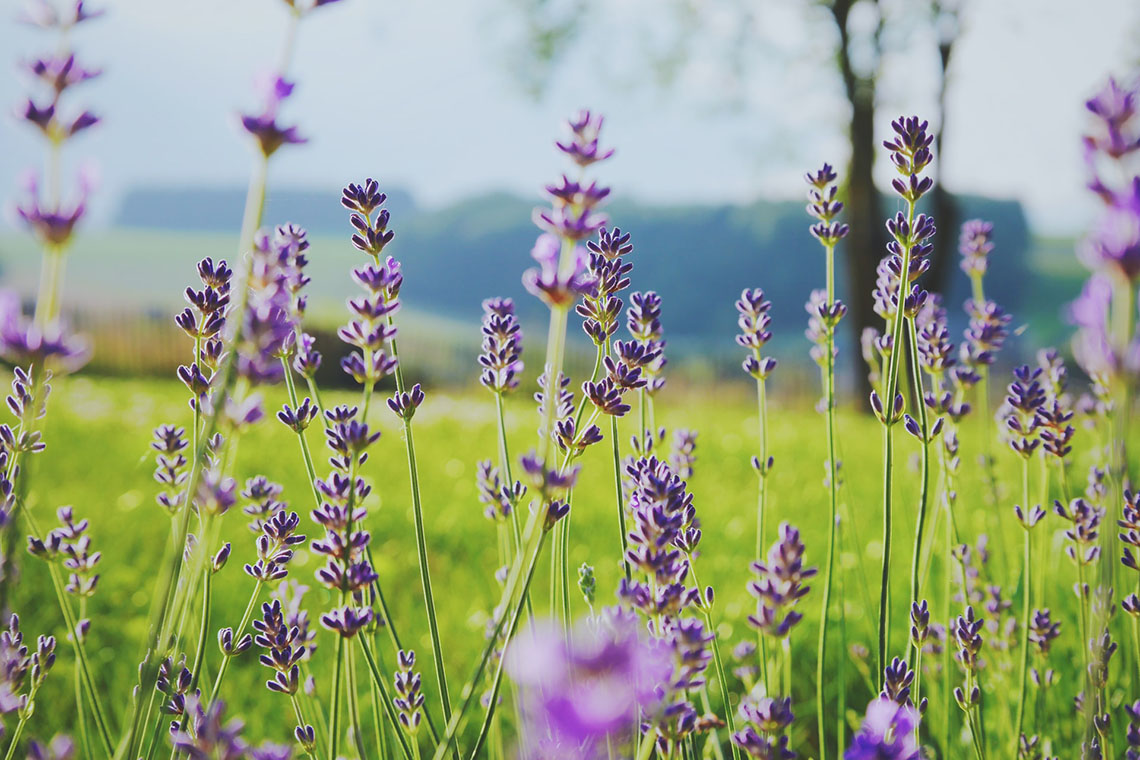
“The Tao is called the great mother. Empty yet inexhaustible, it gives birth to infinite worlds. It is always present within you. You can use it any way you want.”
~Tao Te Ching
It’s been a season of babies and birth, both in my practice and in my personal life. I’ve been witnessing many women step through the portal of birth and linger in the luminal space that follows. It’s an intense time that comes with many joys and often many challenges. Postpartum experiences are as varied as women themselves. All unique in their expression and form.
As someone who is devoted to being a voice for the feminine in all her archetypal expressions, the postpartum period has revealed itself to me as a part of the childbearing journey that needs our immediate, collective attention. It is a shadow aspect of motherhood that society often turns away from.
The discussion and education around birthing choices are becoming more and more mainstream, which is vital for the evolution of women’s healthcare. I want to add to the childbearing conversation and shed light on the mysterious, and often not discussed, time period that comes after the baby is born.
Why postpartum care?
I actually have no intention of sharing tools or potential resources for promoting postpartum vitality in this post (another post for that will follow) because first we must understand why. Why is it valuable to spend time, energy and resources on this? Not just for women individually, but also for our collective experience within societal structures.
Without contemplating and understanding the why, there is often little to no inspiration or desire for taking action. Education is key at every step of the way.
Traditional cultures and ancient wisdom for women
In the lineage of Chinese Medicine, and many other ancient healing systems, there is a period of time after having a baby that is reserved for healing and support for the mother. You may have heard this referred to as lying-in. It is usually a period of 30 to 40 days that immediately follows giving birth.
The why behind this practice is centered around the immense amount of energy and resources that a woman spends on creating, gestating and birthing another being. This leaves the woman depleted in many regards due to the loss of blood, body fluids and energy (known as Qi in Chinese Medicine) that happens during childbirth. The use of her inner resources in this way creates a transitory constitutional weakness. It also creates somewhat of a vacuum effect in her being. Where the baby once lived, there is now emptiness and space, quite literally. So now, we have a woman with a temporary weakness in her body’s normal physiological behaviors and an emptiness to attend to and protect from pathological processes (such as prolapse, joint pain, digestive issues). In Chinese Medicine this combination can lead to chronic illnesses.
What is also understood in ancient traditions is the openness that childbirth creates, both physically as the birth canal and pelvis transform for the passage of the baby, as well as emotionally, energetically and spiritually as the woman transitions into motherhood more fully. The woman is neither here nor there during this phase. There is vulnerability in this state of receptivity and reconfiguration that requires deep listening and time.
Due to this energetic openness, physical emptiness (space) and constitutional weakness, it is said that the first forty days of a woman’s postpartum experience determine her health for the next forty years. How a woman is cared for during this time influences her health and vitality for the rest of her life.
In other words, a period of rebuilding is seen as a natural part of the childbearing cycle. Enter postpartum care, rest and the concept of mothering the new mother.
Collective evolution through postpartum care
Much of what I am already speaking to here is not commonly known or accepted in western-centric cultures. How radical would it be for a woman to actually rest for an extended period of time? Or be taken care of by others so she can care for a newborn? And what does that mean for the rest of her family and surrounding community?
I think this is another reason why postpartum care is so powerful and needed. When a new mother is cared for, whether it’s her first child or fourth child, not only is she healthier, she is also able to integrate her experiences. She can be more present with her newborn and with herself, which cultivates healthy attachment patterns for the infant and for the family. This supports the child in all future relationships and ripples out into the surrounding environment and community.
Side note: I’m not referring to attachment style parenting here. What I am referring to is nervous system regulation and attuning that naturally occurs between mother and baby, or we could say primary care giver and baby.
When we fail to acknowledge women who are in this transition or setup structures that support them and their families, we are participating in the turning away from certain aspects of what it means to be a mother. That may not be the intention, but that is still what is actually happening.
So, what next? It starts with awareness and the desire to begin to shift this paradigm. In the next few posts, I’ll be sharing tips, tools are resources for women’s health and sexuality in the postpartum period.

